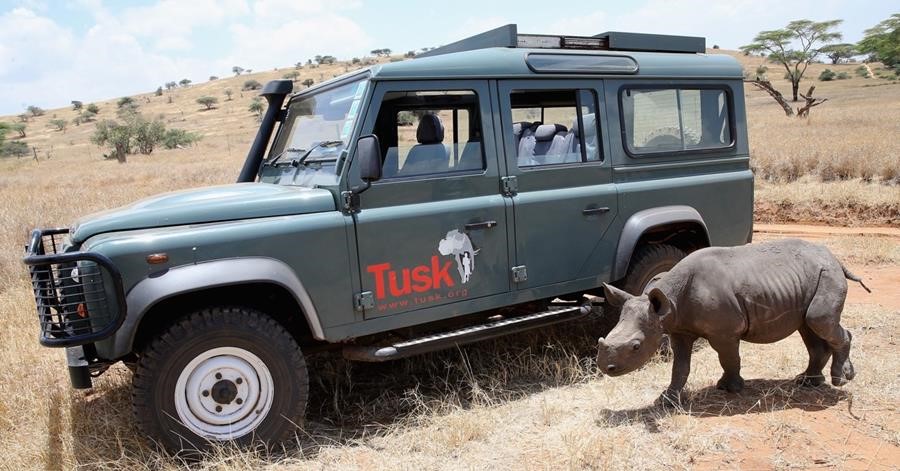Conservation benefits from ecotourism payments for more wildlife sightings in Laos
Posted on
|
A project in a protected area in Laos established a connection between higher payments for wildlife sightings and improved protections for wildlife. During the 4 year study, sightings of common wildlife went up by over 60%. The payments were funded by entry fees, paid by tourists, and were put into village development funds – these would finance projects such as school construction and healthcare. The project was carried out with the Wildlife Conservation Society and Foundations of Success. It shows that linking cash payments with results such as the number of animals seen could be sufficient to discourage practices which are detrimental to wildlife such as hunting. This is an important direct link, and it’s believed to be a key to success. Wildlife managers and scientists set up a scheme to pay villages on the edge of the protected are based on the species and number of animals that tourists saw when they visited the park. The park is home to animals such as sambar deer, macaques and deer. Unfortunately, a demand for wildlife parts, and access to weapons, led to a surge in illegal hunting even in this protected area. The villages’ development funds got a set amount of money for every tourist visiting the park. But if certain animals were spotted, the funds would receive a bonus. So a civet or porcupine would get little more than $1 whilst a tiger spot would have meant $225. (No tigers were spotted during the research period.) If anyone from the communities was caught breaking the law, the community was penalised by the project. By the end of the study, there were 63% more sightings of the common animals (or evidence of them, such as their tracks) than at the start. The research wanted to measure how effective incentives to protect wildlife could be at changing their behaviour. The researchers estimate that it did. The authors argue that the paper the project produced is laying out a method for measuring the impacts of other projects such as this. |

 Sharing an ethos.....
Sharing an ethos.....